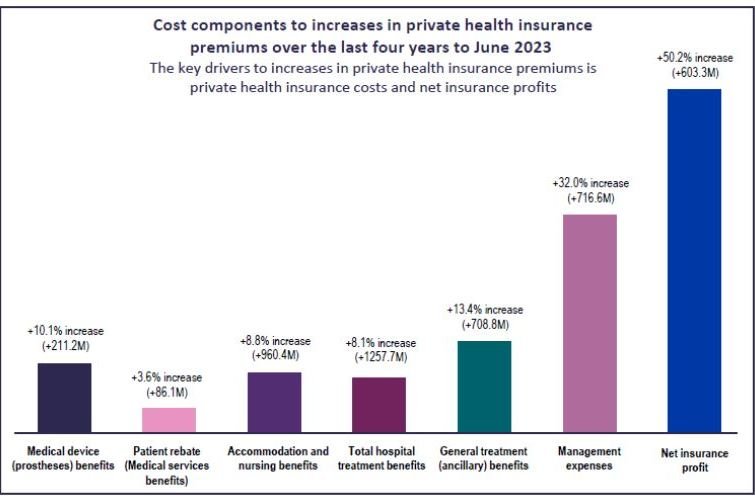The ACCC has authorised a new consumer code for retailers of products such as solar generation systems, energy storage systems, electrical vehicle charging and other emerging energy products and services, subject to conditions.
The New Energy Tech Consumer Code (the Code) sets minimum standards of good practice and consumer protection. It applies to all aspects of customers’ interactions with participating retailers, including marketing, sales, finance and payments, warranties and complaints handling processes.
“Households can pay significant amounts for products like solar panels and battery storage, and sometimes they end up with expensive products that don’t suit their needs or they can’t afford,” ACCC Commissioner Stephen Ridgeway said.
“This Code aims to give consumers more information to help them make informed purchases, and more protections against being sold unsuitable or unaffordable products.”
Signatories to the Code must comply with obligations, including that they:
- avoid high pressure sales tactics and make no offers of finance in unsolicited sales not regulated by the National Consumer Credit Protection Act (2009)
- ensure consumer finance products are provided responsibly, and that they provide effective dispute resolution and avenues to address customers experiencing hardship
- ensure their advertising is clear and accurate
- educate consumers about their rights
- provide clear information about product performance and maintenance
- take extra steps to protect vulnerable consumers, and
- implement effective complaints handling processes.
“We received many submissions on this matter, particularly about requirements relating to responsible finance,” Mr Ridgeway said.
“On this issue, the ACCC has sought to strike a balance between providing appropriate protections for consumers, while not unduly restricting consumers’ choices in how they can finance purchases.”
Under the original proposed code, consumers were not able to use “buy now pay later” finance to purchase products from participating retailers.
Following amendments, the Code now allows consumers to access “buy now pay later” finance arrangements from signatories, as long as the credit provider offers an appropriate standard of consumer protection.
However, “buy now pay later” finance will not be allowed for unsolicited sales.
Because the Code imposes conditions on the sales practices of competing companies, and includes sanctions for non-compliance, the Code’s developers sought ACCC authorisation to ensure they were not breaching competition laws.
The authorised parties are the Australian Energy Council, Clean Energy Council, Smart Energy Council and Energy Consumers Australia, as well as retailers that become signatories to the Code.
More information is available at New Energy Tech Consumer Code
Background
The ACCC has decided to grant authorisation subject to a number of conditions to ensure the public benefits are fully realised. These conditions include:
- annual reporting to the ACCC on the operation of the Code, including information on breaches and expulsions, to help assess its effectiveness, and
- an amendment to allow signatories to offer “buy now pay later” finance, provided the provider meets certain standards and protections, in line with amendments to the Consumer Code made by the ACCC. These protections include that the “buy now pay later” provider must be a member of the Australian Financial Complaints Authority, and must undertake a responsible lending assessment when providing finance to New Energy Tech customers that provides substantially equivalent protections as required under the National Consumer Credit Protection Act 2009.
In August 2017, the COAG Energy Council wrote to industry to collaborate with Energy Consumers Australia to develop an industry code for behind-the-meter (BTM) products and services to address a range of issues in the market.
This led to the formation of the BTM Working Group, which later consulted with various stakeholders and developed the Consumer Code. The applicants for authorisation are all members of the BTM Working Group.







